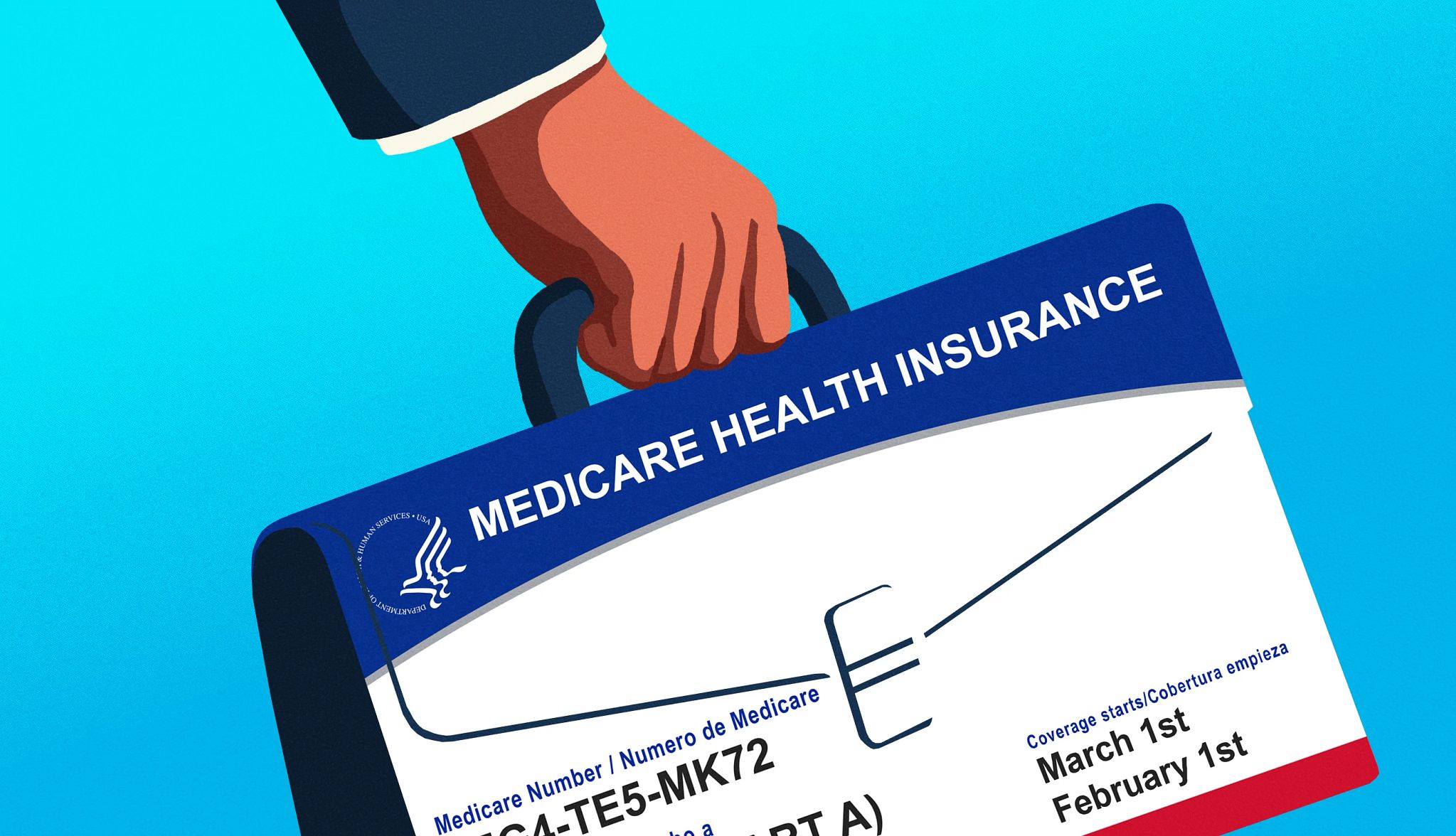AARP Hearing Center


If you aren’t already receiving Social Security benefits at age 65, you won’t be signed up automatically, so you’ll have to decide when you want to enroll.
But if you continue to work and have health benefits through your job, depending on the size of your employer, you can delay enrolling in Medicare. The same goes for your health insurance if it’s through your spouse’s job. But you need to consider some rules about enrollment.
Do I need to enroll at 65 if I work for a large company?
You won't have to enroll in Medicare if you have health insurance from a company that employs 20 or more people where you or your spouse actively work. You can delay enrolling in Medicare until the employment ends or the coverage stops, whichever occurs first. You’re entitled to a special enrollment period (SEP) to sign up for Medicare before or within eight months of losing that job-based coverage to avoid a late enrollment penalty.
The law. Large employers with at least 20 employees must offer you and your spouse the same benefits they offer younger employees and their spouses. In this situation, you — not the employer — can decide whether to:
- Accept the employer health plan and delay Medicare enrollment.
- Decline employer coverage and rely wholly on Medicare.
- Have employer coverage and Medicare at the same time.
Many people enroll in Medicare Part A at 65, even with employer coverage because it’s premium-free as long as you or your spouse have paid at least 40 quarters of Medicare taxes. However, you may decide to wait if you want to continue contributing pretax dollars to a health savings account (HSA). You can’t make new HSA contributions after you enroll in Medicare.
Those who have access to employer-based health insurance often delay signing up for Medicare Part B while they’re still working. That way, they don’t have to pay premiums for both Medicare and the employer coverage. Part B premiums are $164.90 a month in 2023, $174.70 in 2024 and more for high earners.
Be aware. If you choose to enroll in both an employer group plan and Medicare Part B, the employer insurance is always primary when a large company provides it. That means it pays your medical bills first.
Medicare will pay only for services it covers that the company plan doesn’t. So unless your employer insurance doesn’t cover much, you could be paying monthly Medicare premiums with little or no return.


































































Next in Series
How do I create an online Medicare account?
You can do a lot when you decide to look electronically